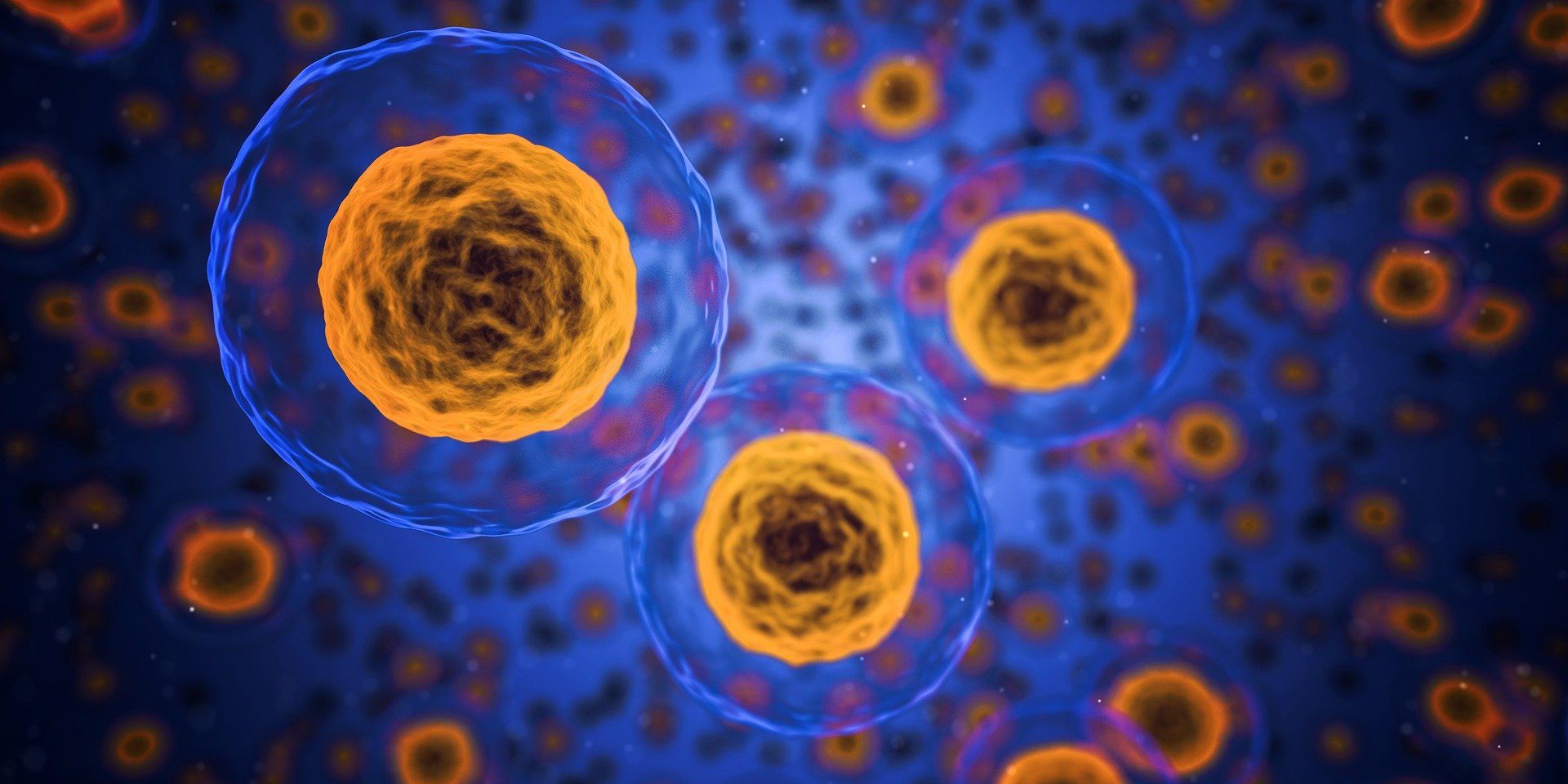Research has shed new light on genetic processes that may one day lead to the development of therapies that can slow, or even reverse, how our cells age.
A study led by the University of Exeter Medical School has found that certain genes and pathways that regulate splicing factors – a group of proteins in our body that tell our genes how to behave—play a key role in the ageing process. Significantly, the team found that disrupting these genetic processes could reverse signs of ageing in cells.
The study, published in the FASEB Journal, was conducted in human cells in laboratories. Aged, or senescent, cells are thought to represent a driver of the ageing process and other groups have shown that if such cells are removed in animal models, many features of ageing can be corrected. This new work from the Exeter team found that stopping the activity of the pathways ERK and AKT, which communicate signals from outside the cell to the genes, reduced the number of senescent cells in in cultures grown in the laboratory. Furthermore, they found the same effects from knocking out the activity of just two genes controlled by these pathways—FOX01 and ETV6.









Comments are closed.